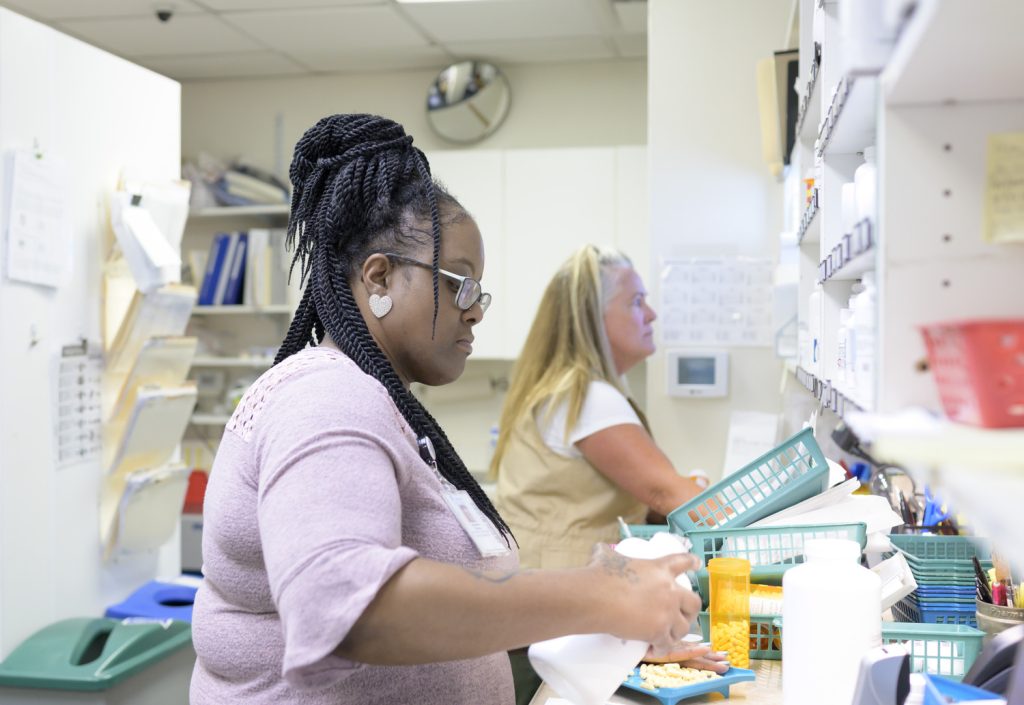While basic needs such as housing, utilities, and nutrition may be met, the $80 cash allowance is woefully insufficient when it comes to the ancillary costs of life that most people take for granted. Individuals with disabilities often have unique needs that require financial resources beyond basic sustenance. These can include medication, therapeutic services, transportation, assistive devices, and other essential supports.
Transportation, in particular, can pose a significant barrier. Public transport options in Bermuda may not adequately cater to those with disabilities, necessitating alternative methods of travel that can involve financial outlays. When one is left with just $80 per month, which must also cover all personal and incidental expenses, transport costs can quickly become a source of chronic stress.
Living on such a tight budget can also take a psychological toll on individuals. Beyond the physical barriers that come with disabilities, many face emotional challenges linked to financial insecurity and isolation. The stigma associated with seeking help, coupled with the limited resources available, can lead to a sense of helplessness and despair. Social activities, which are essential for mental well-being, often become out of reach. The inability to engage in community life can further entrench feelings of isolation and contribute to mental health challenges.
There are also pervasive stigmas surrounding people with disabilities that can complicate their experiences. Misunderstanding about their capabilities can lead to assumptions that they do not require additional financial support, furthering their marginalization. Societal attitudes may dismiss the notion that individuals with disabilities need financial support or that their challenges are any less valid than those of others living in poverty, creating obstacles for advocacy and reform.
Addressing the financial burdens faced by people with disabilities in Bermuda necessitates systemic change. Efforts should focus on ensuring that cash allowances not only meet the basic needs of individuals but also provide the flexibility required for them to thrive. This may involve revising government policies to allocate more adequate resources, enhancing access to transportation, and expanding support services that consider the unique challenges posed by disabilities.
Advocacy groups, community leaders, and policymakers must collaborate to raise awareness about these issues. It’s not just about meeting the minimum standard of living but empowering individuals with disabilities to lead fulfilling lives. Forming alliances and building solidarity within the community can amplify voices that are often overlooked and drive meaningful change.


More Stories
HSBC Announces Significant Share Buy-Back Program
Restoring Bermuda to a Less Than 2% Crime Rate Destination Through Mutual Entrepreneurial Support
Unifying for a Stronger Economy and Safer Bermuda